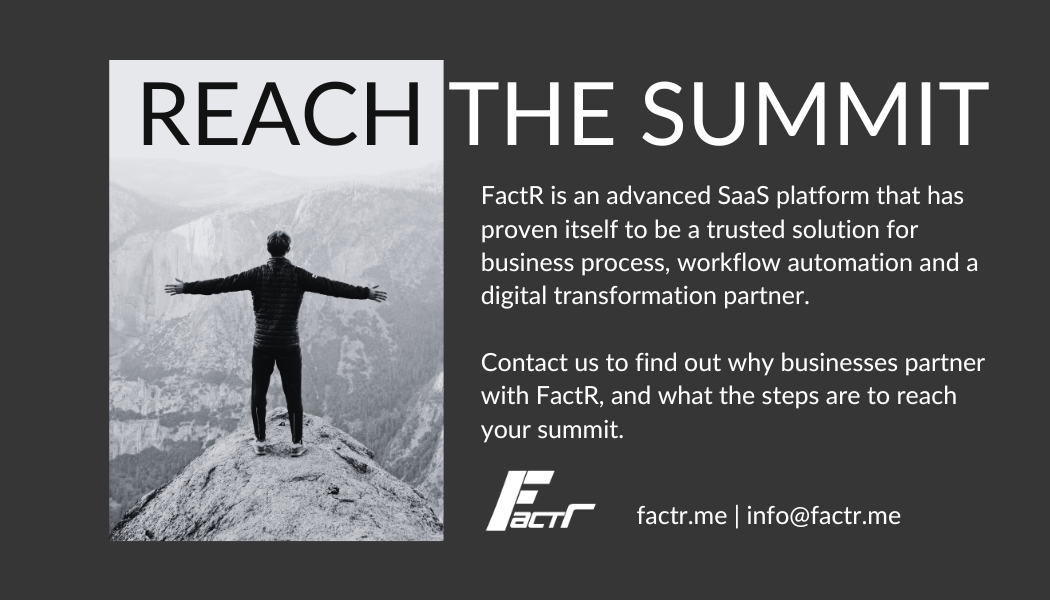Key Challenges Faced by Enterprises in Adopting Digital Transformation
Digital transformation involves the integration of digital technologies across all areas of an organization that fundamentally change how businesses operate and deliver value to their customers. However, the path to successful digital transformation is not without obstacles. From cultural resistance to legacy systems, data management to talent acquisition, enterprises must navigate a complex landscape to harness the full potential of digital technologies.
Key Challenges in Adopting Digital Transformation
Cultural Resistance:
One of the primary challenges enterprises face during digital transformation is cultural resistance. Changing established processes, mindsets, and organizational structures can create resistance among employees who fear job displacement or feel uncomfortable with new technologies. To overcome this challenge, enterprises need to focus on fostering a culture of innovation and continuous learning. This involves clear communication about the benefits of digital transformation, providing training and support for employees, and encouraging collaboration across different departments to drive acceptance and engagement.
Legacy Systems & Infrastructure:
Many enterprises operate with legacy systems and outdated infrastructure that is not compatible with digital technologies. Integrating new technologies with existing systems can be complex, time-consuming, and expensive. To address this challenge, enterprises need to assess their current systems, identify areas for improvement, and develop a phased approach to modernization. This may involve migrating to cloud-based platforms, implementing application programming interfaces (APIs) for better data integration, and leveraging modular solutions to replace monolithic legacy systems.
Data Management & Privacy:
Digital transformation generates vast amounts of data, and managing, storing, and securing this data poses significant challenges for enterprises. Ensuring data privacy, compliance with regulations (e.g., GDPR, CCPA), and protection against cybersecurity threats becomes critical. Enterprises need to invest in robust data management systems, implement appropriate data governance practices, and adopt encryption and authentication mechanisms to safeguard sensitive information. Additionally, enterprises should educate their employees about data privacy and establish protocols for data access and usage.
Skill Gaps & Talent Acquisition:
Digital transformation requires a skilled workforce proficient in new technologies such as artificial intelligence, cloud computing, data analytics, and cybersecurity. However, many enterprises struggle to find and retain talent with the necessary skill sets. To address this challenge, organizations should invest in upskilling their existing workforce through training programs, collaborations with educational institutions, and certifications. Moreover, creating an attractive work culture that embraces innovation and provides opportunities for professional growth can help enterprises attract and retain top digital talent.
Change Management:
Digital transformation initiatives often require significant changes in processes, roles, and responsibilities across an organization. Resistance to change can hinder progress and lead to project failures. Effective change management is crucial to overcome this challenge. Enterprises should develop a clear change management strategy that involves communication, stakeholder engagement, training, and ongoing support. By involving employees in the process and addressing their concerns, enterprises can create a sense of ownership and commitment to the digital transformation journey.
Integration & Interoperability:
Enterprises often operate with a myriad of disparate systems and applications that lack integration and interoperability. Achieving a seamless flow of data and processes across various systems becomes a significant challenge during digital transformation. To address this, enterprises should prioritize interoperability standards, adopt integration platforms, and embrace application programming interfaces (APIs) to enable data sharing and collaboration between different systems and stakeholders. This integration facilitates a cohesive digital ecosystem that enhances efficiency and drives innovation.
Customer Experience & Expectations:
Digital transformation should be customer-centric, focusing on enhancing the overall customer experience. However, meeting evolving customer expectations can be a challenge for enterprises. To overcome this, organizations must gain a deep understanding of customer needs, preferences, and behaviours through data analytics and customer feedback. They should leverage digital technologies such as artificial intelligence, chatbots, and personalized marketing to deliver tailored experiences across multiple touchpoints. By continuously analyzing and improving the customer journey, enterprises can provide value-added services and build long-term customer loyalty.
Risk Management:
Digital transformation introduces new risks and vulnerabilities to enterprises. Cybersecurity threats, data breaches, and regulatory compliance issues can have severe consequences. To mitigate risks, enterprises need to implement robust cybersecurity measures, establish proactive monitoring and incident response protocols, and conduct regular risk assessments. It is essential to embed risk management practices into the digital transformation strategy from the outset to protect the organization, its assets, and its stakeholders.
Overcoming Challenges for a Smooth Digital Transformation
By addressing these challenges head-on, enterprises can navigate the complexities of digital transformation and unlock their potential for growth, innovation and sustainable competitive advantage. It is important for organizations to approach these challenges strategically, leveraging the right tools, resources, and expertise. Additionally, seeking guidance from industry experts, consultants, and technology partners can provide valuable insights and support throughout the digital transformation journey.
Sources:
Harvard Business Review: Overcoming Cultural Resistance to Digital Transformation (https://hbr.org/2019/05/overcoming-cultural-resistance-to-digital-transformation)
Forbes: Modernizing Legacy Systems: The Foundation Of Digital Transformation (https://www.forbes.com/sites/oracle/2021/06/10/modernizing-legacy-systems-the-foundation-of-digital-transformation/?sh=12c58e3c1db9)
McKinsey & Company: Breaking Away: The Secrets to Scaling Analytics (https://www.mckinsey.com/business-functions/mckinsey-digital/our-insights/breaking-away-the-secrets-to-scaling-analytics)
Deloitte: Data Management: A Powerful Tool for Digital Transformation (https://www2.deloitte.com/us/en/pages/consulting/articles/data-management-tool-digital-transformation.html)
International Association of Privacy Professionals (IAPP): GDPR Resource Center (https://iapp.org/resources/article/gdpr-resource-center/)
PwC: The Upskilling Challenge: How Businesses Are Adapting to the Digital Age (https://www.pwc.co.uk/economic-services/assets/the-upskilling-challenge.pdf)
Gartner: The Importance of Change Management in Digital Transformation (https://www.gartner.com/smarterwithgartner/the-importance-of-change-management-in-digital-transformation/)
McKinsey & Company: Making Change Happen, and Making It Stick (https://www.mckinsey.com/business-functions/organization/our-insights/making-change-happen-and-making-it-stick)
CIO Review: Overcoming Integration Challenges in Digital Transformation (https://www.cioreview.com/news/overcoming-integration-challenges-in-digital-transformation-nid-29334-cid-145.html)
McKinsey & Company: Ten Red Flags Signaling Your Analytics Program Will Fail (https://www.mckinsey.com/business-functions/mckinsey-digital/our-insights/ten-red-flags-signaling-your-analytics-program-will-fail)
Deloitte: Reinventing the Customer Experience (https://www2.deloitte.com/us/en/insights/industry/retail-distribution/reinventing-customer-experience.html)
Accenture: Delivering a Scalable Personalized Customer Experience (https://www.accenture.com/us-en/insights/customer-experience/delivering-scalable-personalized-experiences)
PwC: The Building Blocks of Digital Transformation: Risk Management (https://www.pwc.com/us/en/industries/technology/library/digital-risk-management.html)
Harvard Business Review: How Boards Should Respond to the Growing Cybersecurity Threat (https://hbr.org/2021/09/how-boards-should-respond-to-the-growing-cybersecurity-threat)
Gartner: Digital Business Transformation: 5 Key Factors to Success (https://www.gartner.com/smarterwithgartner/digital-business-transformation-5-key-factors-to-success/)
MIT Sloan Management Review: Digital Transformation: Strategy, Implementation, and Organizational Challenges (https://sloanreview.mit.edu/article/digital-transformation-strategy-implementation-and-organizational-challenges/)
Deloitte: Digital Transformation: From Hype to Reality (https://www2.deloitte.com/us/en/pages/operations/articles/digital-transformation-strategy.html)
McKinsey & Company: Leading Digital Transformation: 10 Key Roles for Success (https://www.mckinsey.com/business-functions/mckinsey-digital/our-insights/leading-digital-transformation-10-key-roles-for-success)

